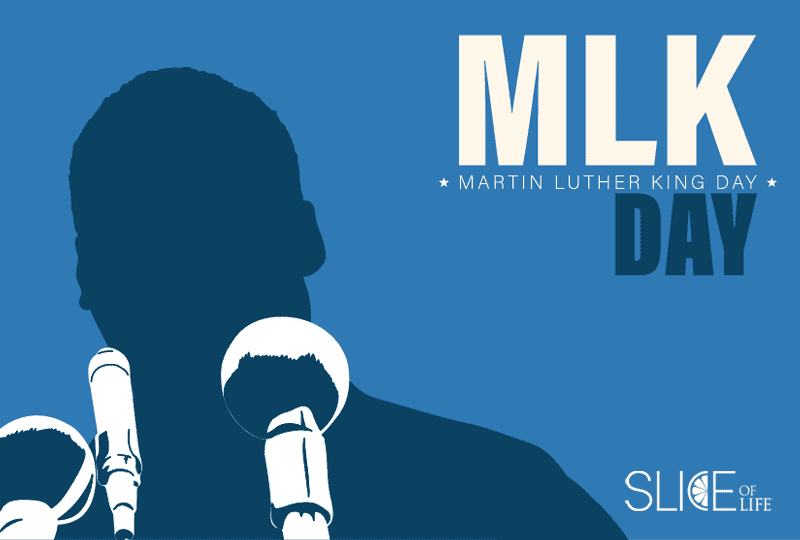“The time is always right to do what is right.”
On January 15, 1929, a legend was born in this very special place – Atlanta, Georgia. Martin Luther King Jr. came into the world that day and has made a lasting impact on society. King was the second of three children and was raised by a financially secure middle-class family. Because of their financial status, the King’s were able to receive an education that was better than the average child of their race. Even at a young age, King took notice of his opportunity and strived to live a life of social protests to provide those same opportunities to all people of color.
In 1945, at the age of only 15, King attended Atlanta’s Morehouse College. Immediately following, King’s brilliance continued to shine as he earned his Ph.D. from Crozer Theological Seminary. Shortly after, in 1955, is when King’s civil rights leadership came alive. On December 1, 1955, a seamstress named Rosa Parks was arrested for giving up her seat on a city bus. This led to King’s prominent role in guiding the Montgomery bus boycott. Despite receiving numerous death threats and his home being firebombed, King pushed forward and helped end racial segregation on all Montgomery public buses.
King held a strong belief that all men are created equal and should enjoy the same rights and privileges. He held firmly that this should be accomplished through his six principles of nonviolence:
- Nonviolence is a way of life for courageous people. It is active nonviolent resistance to evil.
- Nonviolence seeks to win friendship and understanding. The end result of nonviolence is redemption and reconciliation.
- Nonviolence seeks to defeat injustice, not people. Nonviolence recognizes that evildoers are also victims.
- Nonviolence holds that suffering can educate and transform. Nonviolence willingly accepts the consequences to its acts.
- Nonviolence chooses love instead of hate. Nonviolence resists violence to the spirit as well as the body. Nonviolence love is active, not passive. Nonviolence love does not sink to the level of the hater. Love restores community and resists injustice. Nonviolence recognizes the fact that all life is interrelated.
- Nonviolence believes that the universe is on the side of justice. The nonviolent resister has deep faith that justice will eventually win.
Because of King’s fundamental beliefs and resilient attitude for change, America eventually came to understand the power of nonviolent protest and therefore ignited major acts of change, such as the Civil Rights Act of 1964 and the Voting Rights Act of 1965. The Civil Rights Act banned discrimination in the workforce and public settings based on race, color, religion and national origin. The Voting Rights Act enables and protects African Americans’ right to vote.
King’s influence reaches beyond the United States as his efforts have instilled a symbol of peace, equality and hope around the world. Some of his tributes include a 27-acre park in Paris, France; the Rev. Martin Luther King Jr. Church in Debrecen, Hungary; the Rev. Martin Luther King Jr. Forest in Israel; and the Martin Luther King Jr. School in Accra, Gahna. In addition, throughout the world there are more than 1,000 streets named after King.
One way to celebrate his legacy is to make a visit to the very house he was born in located right in Life U’s backyard. King’s childhood home is well-preserved and located in the Auburn Avenue Historic District of Atlanta. It is a two-story house with a front porch, parlor, study, kitchen, dining room, bedroom and bathroom on the first level. The second floor makes up four bedrooms and a bathroom. Thirty-minute tours of King’s birth home are available and conducted by the National Park Service. Registration for the tours is required and can be obtained at the Martin Luther King Jr. National Historical Park Visitor Center.
One last fun fact: George Washington and Abraham Lincoln are the only other Americans to have had their birthdays observed as a national holiday—he is a big deal! Martin Luther King Jr.’s legacy is monumental and has changed the world we live in forever.


Social Media